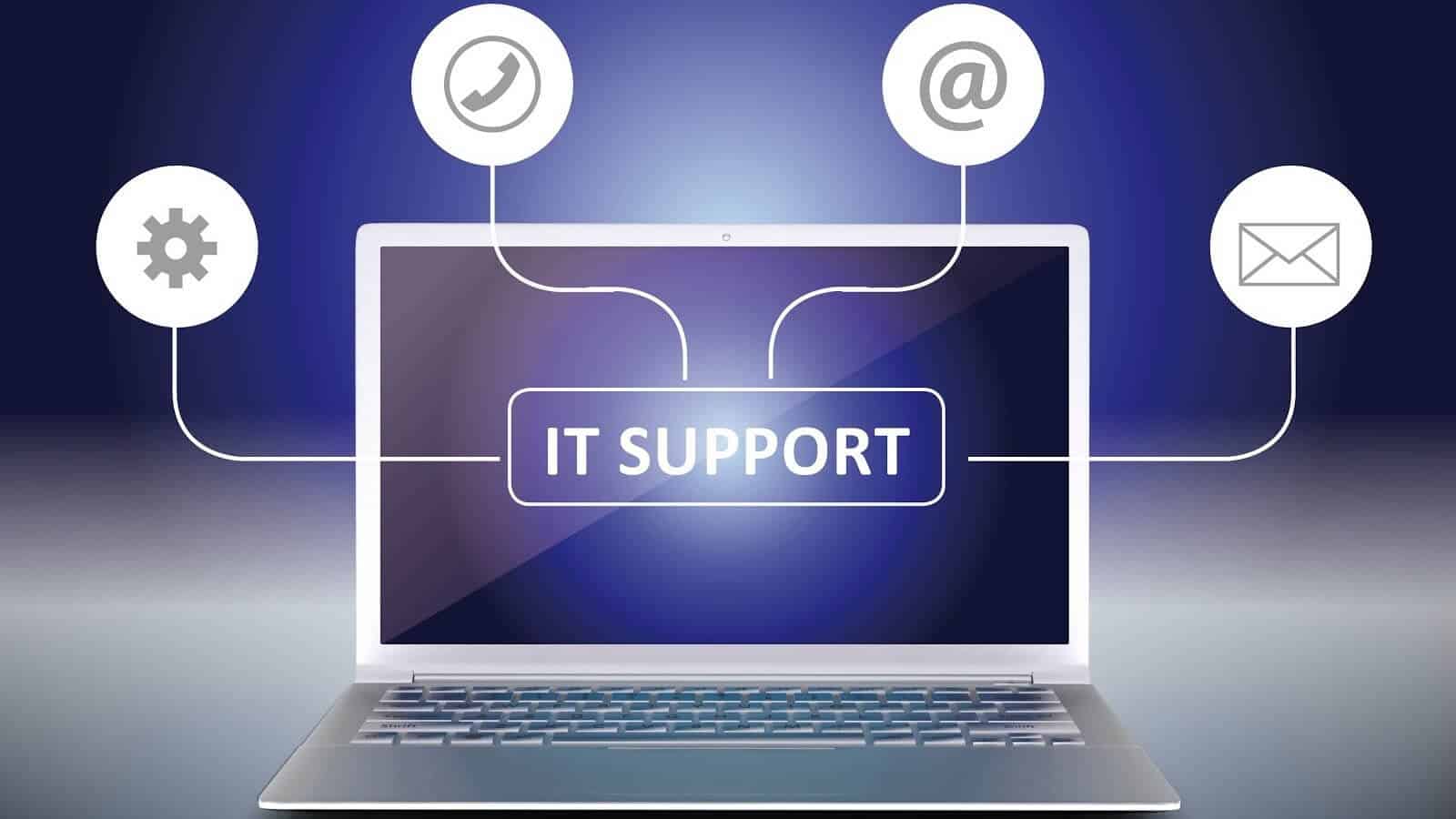Within today's fast-paced commercial landscape, the importance of IT solutions has become more essential than before. Organizations of all sizes depend on technology to operate effectively, connect effectively, and remain relevant in their respective industries. Understanding the different aspects of IT services is essential for businesses seeking to utilize technology for growth and long-term viability. From data protection to cloud services, managed IT services offer services that can enhance operations and safeguard vital information.
As organizations persist in navigate the challenges of digital transformation, the decision between internal IT departments and outsourced IT providers presents a significant decision. Examining the advantages of each choice can assist companies identify the best fit for their needs. Additionally, staying informed about the latest developments and potential threats in the IT landscape is crucial for taking preemptive decisions that protect and drive your organization forward. In this article, we will explore the fundamentals of managed IT services, their importance for companies, and how they can drive productivity and safety in a tech-centric world.
The Value of IT Services for Business Success
In today's digital landscape, the significance of IT services for business success cannot be underestimated. Organizations utilize technology for almost every aspect of their operations, and having robust IT support in place is vital to guarantee that systems run efficiently and optimally. IT services not only help in supporting technology infrastructure but also allow businesses to stay competitive in an ever-changing market. By harnessing the expertise of IT professionals, companies can concentrate on their core activities while delegating technology management to specialized providers.
Furthermore, IT services play a key role in enhancing business efficiency. Streamlined processes, mechanized tasks, and enhanced IT infrastructure allow teams to work more efficiently, not less smartly. With the right IT support, businesses can minimize system outages, reduce operational costs, and ultimately increase productivity. The appropriate use of IT services can also lead to improved customer satisfaction, as organizations can offer more prompt and more dependable services to their clients, fostering a competitive edge in their industry.
Ultimately, the strategic deployment of IT services is vital for future growth and innovation. Businesses that stay ahead of tech trends are better positioned to respond to changes and seize new opportunities. Managed IT services not only satisfy current needs but also provide insights into upcoming technologies that can transform business operations. As companies navigate challenges such as cybersecurity threats and compliance with regulations, a strong IT service framework becomes crucial for sustainable success and resilience in the years to come.
Grasping Managed IT Services
Managed IT services refer to the practice of delegating the task for monitoring and overseeing an organization’s IT systems to a third-party service provider. This methodology allows organizations to concentrate on their core operations while gaining access to expert knowledge and technological resources. Managed service providers typically deliver a variety of services, including network management, data protection and recovery, cybersecurity measures, and IT support, guaranteeing that all aspects of an organization’s technology infrastructure are effectively managed.
One of the primary benefits of managed IT services is the capability for cost reduction. By contracting out their IT needs, companies can remove the costs linked to hiring and educating an in-house IT team. Managed service providers often function on a subscription basis, which allows for consistent budgeting and easier scalability as requirements change. Additionally, these providers can offer enhanced support and advanced technology solutions that might be financially unfeasible for a modest business to execute independently.
As technology continues to advance, the role of outsourced IT management becomes more and more crucial. Businesses face ongoing challenges related to threats to cybersecurity, data governance, and compliance with standards. By leveraging outsourced IT solutions, organizations can remain proactive against these challenges, ensuring their systems are protected and operational. Furthermore, as companies increasingly migrate to cloud solutions, managed IT services play an crucial role in facilitating this transition and maintaining the integrity of their IT infrastructure.
Cybersecurity and Data Protection Essentials
In today's digital landscape, organizations face a variety of security threats, making it imperative to prioritize data protection. Cybersecurity encompasses the approaches, technologies, and processes designed to safeguard networks, devices, and sensitive information from malicious activities. As companies increasingly rely on technology for their operations, the importance of effective cybersecurity measures cannot be emphasized enough. Implementing security walls, intrusion detection systems, and routine software updates can greatly reduce vulnerabilities and protect against breaches.

Moreover, understanding the top cybersecurity threats that organizations face currently is important for proactive defense. Malware attacks, phishing, malware, and social engineering are just a few of the strategies cybercriminals employ to exploit organizations. By staying informed about these threats, organizations can adopt preventive measures such as employee training, multi-factor authentication, and regular security audits, which are crucial for identifying weaknesses in IT infrastructure. Computer Support Wollongong enhances security but also fosters a culture of awareness among employees.
In addition, as remote work continues to grow, safeguarding data in a distributed environment has become increasingly critical. Employees working from different locations often access sensitive information over unsecured networks, heightening the risk of data breaches. Establishing cybersecurity best practices for offsite employees, such as using secure connections and safeguarding devices, is important. Furthermore, putting resources into managed IT services can help companies enhance their cybersecurity posture by providing continuous monitoring, incident response, and personalized security solutions to ensure sensitive data remains protected in any environment.
